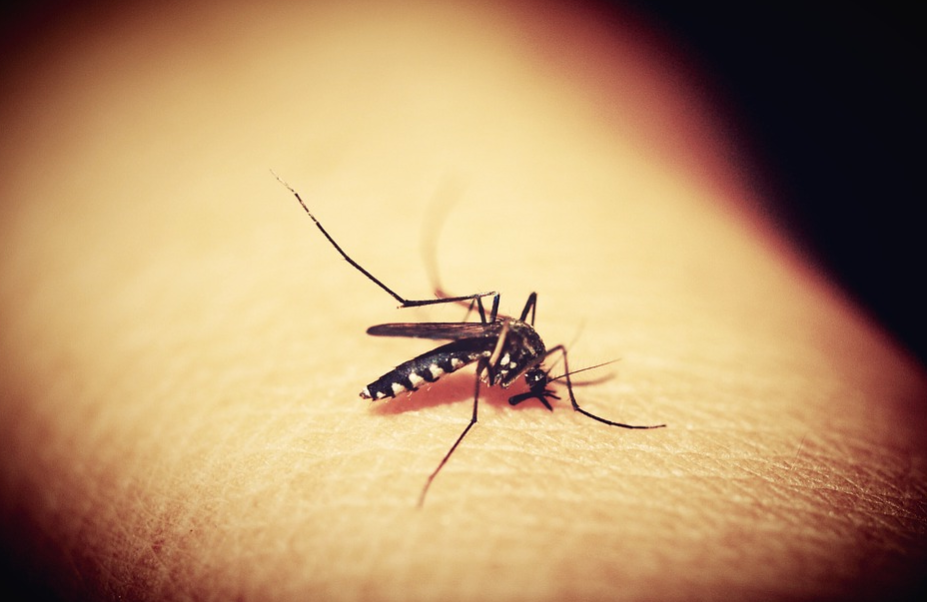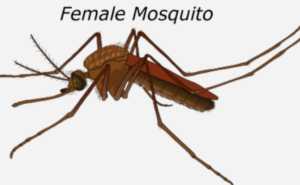
Malaria is a common disease in the Sub-Saharan Africa. It is caused by a parasite that is carried by the female Anopheles mosquito. The mosquito bites an individual transmitting the parasite to the body of that individual. The parasite is of two types one commonly found in Sub-Saharan Africa while the other is found in areas outside Sub-Saharan Africa. Here is all you need to know about Malaria and its prevention
Those at risk
Some people are at risk of malaria than others. They include infants and children under five years of age, pregnant women are also at risk of malaria. People who have contracted HIV/AIDS are also at risk because of their compromised immune system. The travelers going to malaria-prone areas are also at risk in this case.
Symptoms
The symptoms of malaria may occur fifteen days from the day the female Anopheles mosquito bit them. The early symptoms are fever, chills, and headache. This may make it difficult to identify it as malaria. If it is not treated within the first twenty-four hours of presentation, it may become a severe illness
which may lead to death.
Children who suffer from frequent malaria which is severe they may develop other infections such as anemia, respiratory diseases, and even cerebral malaria.
Diagnosis and treatment
Malaria should be diagnosed early to help in preventing deaths as well as spreading it. Malaria tests include the rapid diagnostic test or microscopy test. Treatment is by artemisinin-based combination therapy popularly referred to as ACT.

How to prevent malaria
Being a disease that is spread by a mosquito, the sure way to prevent it is by protecting yourself from the mosquito bites. The following are ways of preventing malaria
Treated mosquito nets
It is recommended for everyone especially children under five years and pregnant women to sleep under an insecticide-treated mosquito net every night. This will prevent any bites from the mosquitoes. Most of these nets are given during the woman’s first prenatal clinic for free in many health facilities in the mosquito-prone areas.

Indoor insecticide spraying
The other way of preventing malaria is spraying the walls and the ceiling of the house with an insecticide. The insecticide is often very effective up to six months from the date of spraying but depends on the type of insecticide and its formula. Several rounds of spraying may be needed to ensure that mosquitoes are kept at bay.
Taking antimalarial drugs
These are drugs for preventing malaria. This may be given to travelers to help in suppressing the malaria infection blood stages hence preventing its occurrence. Pregnant women are also given antimalarial drugs at every trimester of their pregnancy. Infants are also given these drugs alongside their childhood vaccinations if they live in malaria-prone areas.
Other ways
The other ways include destroying any mosquito breeding grounds such as clearing bushes around the house, getting rid of stagnant water. If the water can be gotten rid of, it may be covered with paraffin to help stop the breeding of the mosquitoes since they will have no place to lay their eggs. Other ways include using a mosquito repellant to help keep the bites at bay.

